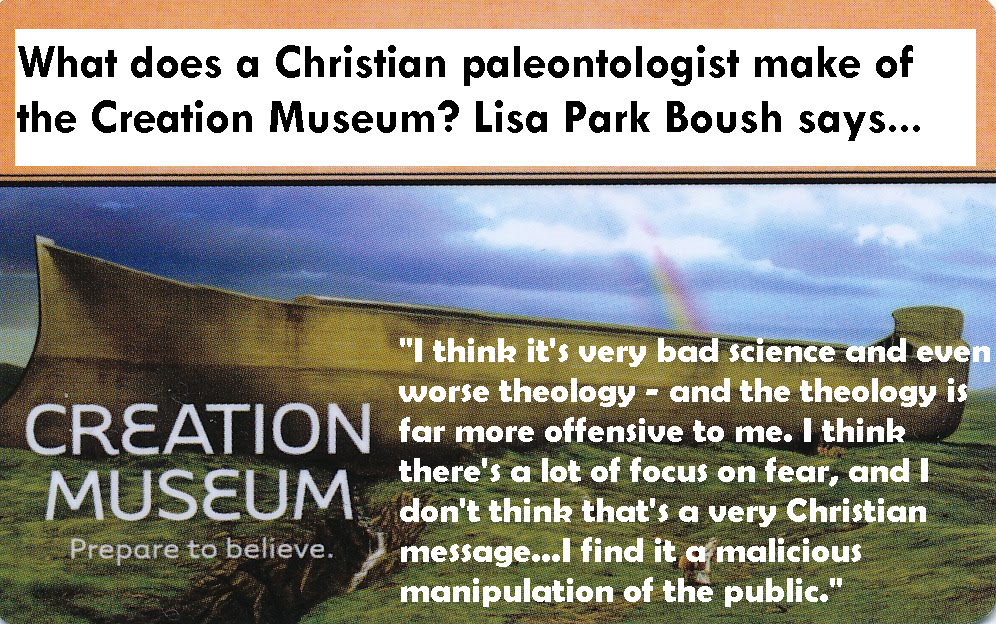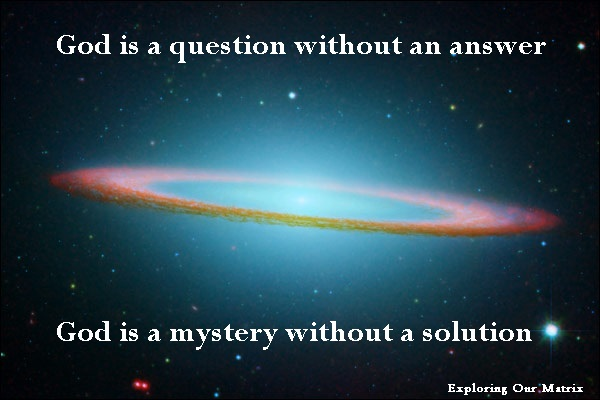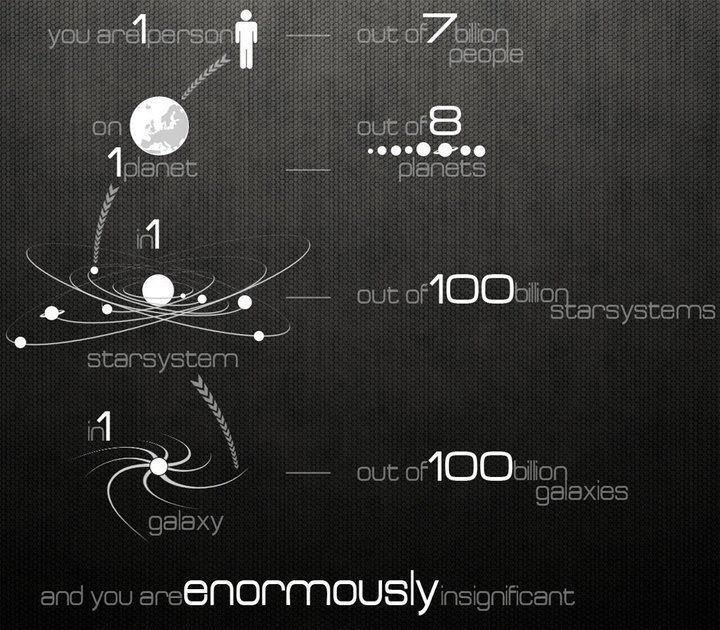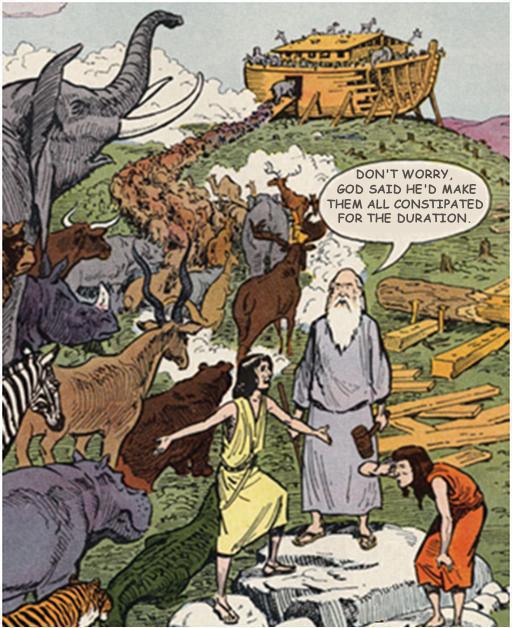Telling stories in episodes over a long period of time regularly leads to continuity errors. The Bible is no exception. One that was drawn to my attention recently is the mention of kosher or clean animals in the flood story in Genesis. Genesis 7:2 is the first reference to clean animals, and it is made without explanation. The author and readers take it for granted to such an extent that they don’t even notice that a detail is being introduced... Read more

















